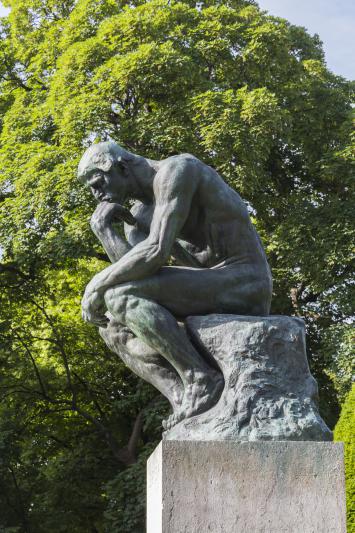
The course aims to provide a practical guide to help public health workers understand the basics and start their journey of reflection to become more effective practitioners. The course covers:
- The basics of reflection
- How to do it
- Getting started
This course can be used as a stand alone module, or as part of the Peoples Praxis Learning Pathways offer.
